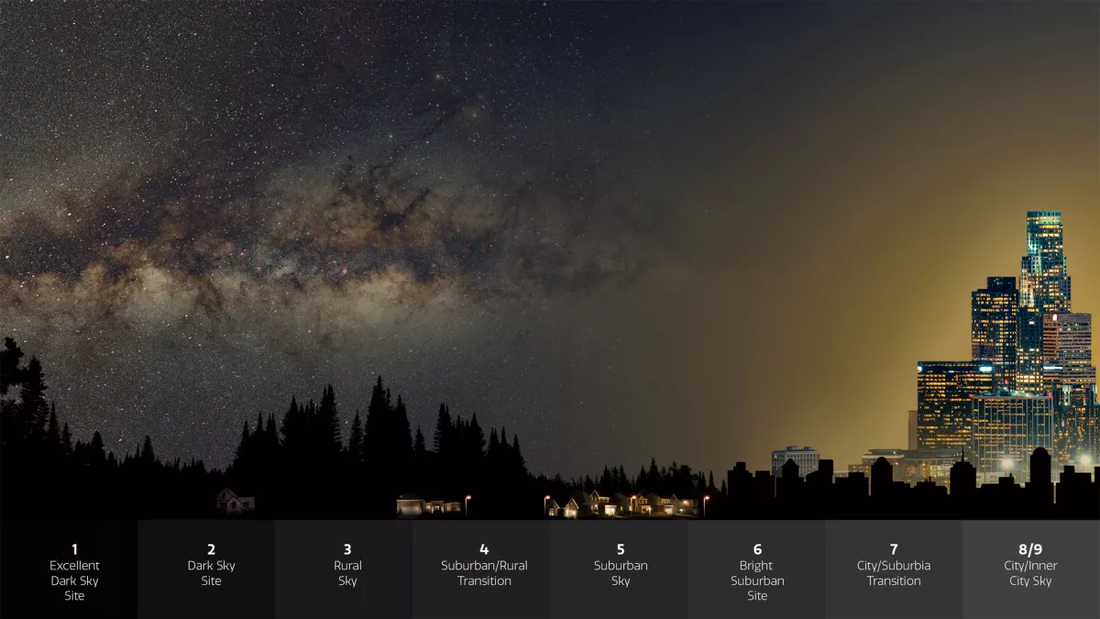
Astronomers create new word for the pain of losing night skies to pollution
Share
As we embrace modernity, we find ourselves increasingly distanced from the natural world that has inspired humanity for millennia. While climate change and pollution dominate headlines, another form of environmental degradation often goes unnoticed: light pollution. Astronomers have coined a term for the sorrow accompanying the loss of our pristine night skies – "noctalgia," or "sky grief."
The majority of light pollution stems from terrestrial sources. While artificial lighting serves essential purposes, a significant portion is wasted. Poorly designed fixtures allow light to scatter in all directions, including upward into the heavens. Ironically, the transition to efficient LED lighting has exacerbated the issue, as they are often left on throughout the night without thought for energy conservation.
In today's world, only the most remote regions, like deserts and wilderness areas, offer a glimpse of the profoundly dark skies our ancestors cherished.

Recent developments in satellite communication, such as SpaceX's Starlink, have introduced a multitude of satellites into orbit, contributing to sky brightness. These satellites not only obstruct astronomical observations but also scatter sunlight from their solar arrays, increasing overall sky luminance. Some experts estimate that the world's darkest night skies, once found in remote locales, have brightened by 10% in the last half-century.
The loss of the night sky carries cultural and ecological consequences. Millennia-old traditions of using the stars to shape myths and legends are fading. We risk losing vital aspects of our cultural heritage as urban residents struggle to spot even the brightest celestial bodies, let alone constellations.
This loss isn't limited to humans. Nocturnal animal species that rely on the cover of darkness face confusion as the distinction between night and day blurs. Their circadian rhythms are disrupted, making them vulnerable to predators or unable to locate prey effectively.
Recognizing the detrimental effects of light pollution, two astronomers introduced the term "noctalgia." It encapsulates our collective sense of loss as we bid farewell to the enchanting night sky.

Thankfully, solutions exist. Dark-sky reserves, where communities commit to limiting light pollution, offer hope. Moreover, efforts to encourage night-friendly lighting, such as automatic shutoff devices and fixtures that direct light downward, are gaining traction. To address satellite-based pollution, international cooperation and pressure on companies like SpaceX are essential.
While tackling noctalgia may be a challenge, with concerted efforts, we can hope to restore the awe-inspiring beauty of our night skies for future generations.
You’ve come this far…
Why not venture a little further into A.S.S. - our exclusive Australian Space Society.
And keep thrusting Australia into the deep unknown…
#Space_Aus




